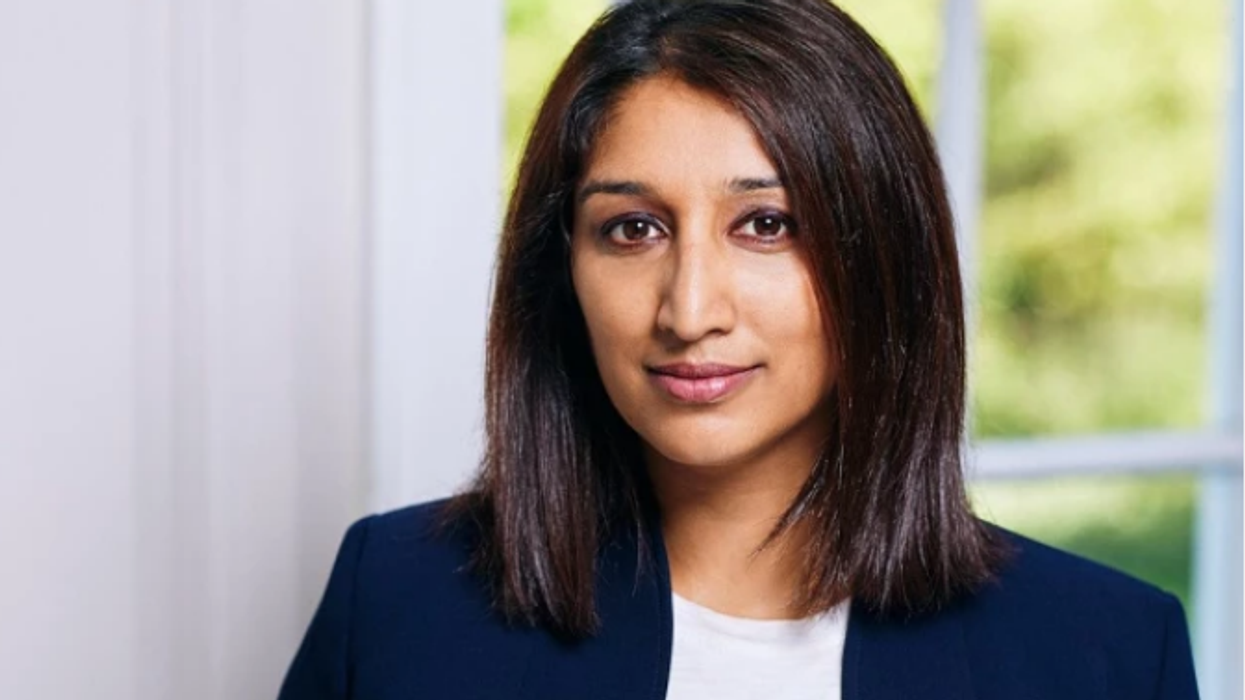A barrister who wrote a book on sleepwalking is facing professional misconduct charges after falling asleep during an inquest, reported The Telegraph.
Ramya Nagesh, a member of commercial chambers 4-5 Gray’s Inn Square, has been accused by the Bar Standards Board (BSB) of dozing off during a virtual hearing, missing her client’s testimony, and failing to adequately explain or apologise for her absence.
The incident occurred in December 2022 during an inquest at Pontypridd County Court, Wales.
Nagesh, who was representing a nurse witness, attended the hearing virtually from her hotel room at the Holiday Inn Express in Stockport. She was participating in a separate six-week inquest, the report added.
According to the tribunal, Nagesh fell asleep after eating a baked potato during a 45-minute lunch break and rejoined the hearing nearly 15 minutes late.
Despite the coroner’s repeated announcements that the session would resume at 1.30pm, she did not return on time. The BSB claims that she did not provide an adequate explanation or apology for her lapses.
During the afternoon session, Nagesh allegedly fell asleep again, this time for nearly two hours. The coroner realised her absence when she failed to respond to questions. Despite attempts by the coroner’s court, her solicitor, and her chambers to contact her, they were unable to reach her by phone, text, or email.
David Welch, representing the BSB, stated that such behaviour undermines public trust in the legal profession. He stressed the importance of punctuality and attentiveness in maintaining the public's confidence in legal proceedings.
In her defence, the barrister explained that she was “in a fog” and believed she had only been asleep for about 10 minutes. She stated that she fell asleep at her desk and denied moving to her bed.
When she eventually reappeared, the coroner noted that the lights in her room were off and that Nagesh appeared drowsy with slurred speech.
Nagesh recalled feeling “flabbergasted” and initially suggested that an “internet glitch” might have caused her delayed response.
Nagesh has previously worked on high-profile cases such as the Grenfell Inquiry and the Hillsborough Inquest. She has also authored a legal academic textbook on how sleepwalking, blackouts, and hypoglycemia are treated in criminal law.
The legal expert attributed her lapses to fatigue and excessive sleepiness resulting from a Covid-19 infection, vitamin D insufficiency, and a sleep disorder affecting her cognition and memory.
Her lawyer provided written evidence describing her confusion and disorientation during the inquest, which impaired her ability to participate effectively.
The BSB, however, contended that these health conditions did not justify her behaviour, labelling the medical evidence as “retrospective, vague, somewhat inconclusive.”
Additionally, Nagesh faced scrutiny for initially billing for her work on the case before deciding to waive the fee. She expressed regret over the incident and apologised to the coroner and her client, but denied acting dishonestly or attempting to mislead the court.
David Perry KC, a senior barrister and former supervisor of Nagesh, testified to her character, describing her as a “very level-headed, decent, good person” with utmost integrity.
Despite having no previous disciplinary record, she now awaits the tribunal’s decision on her professional conduct. The case is ongoing.





